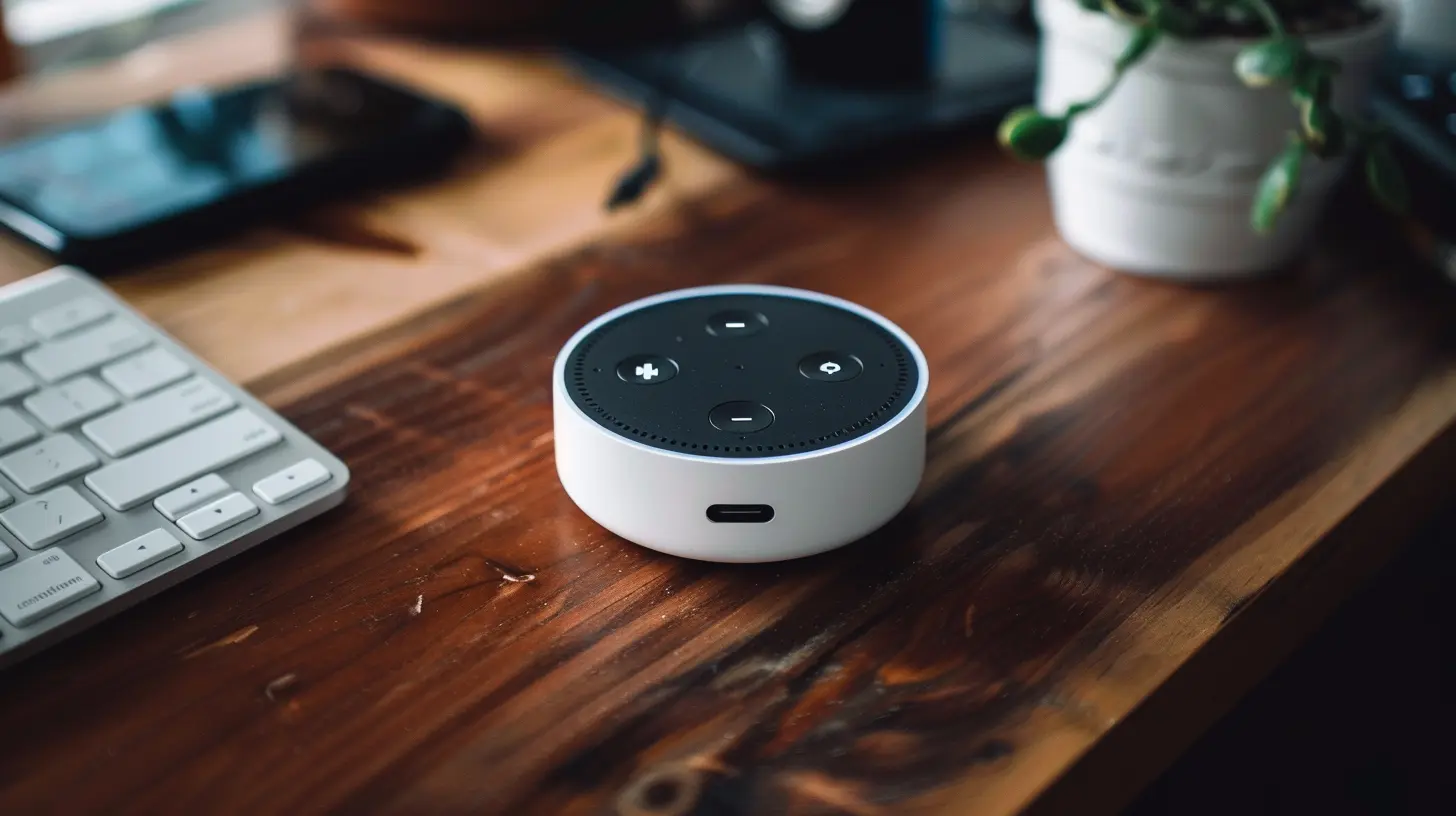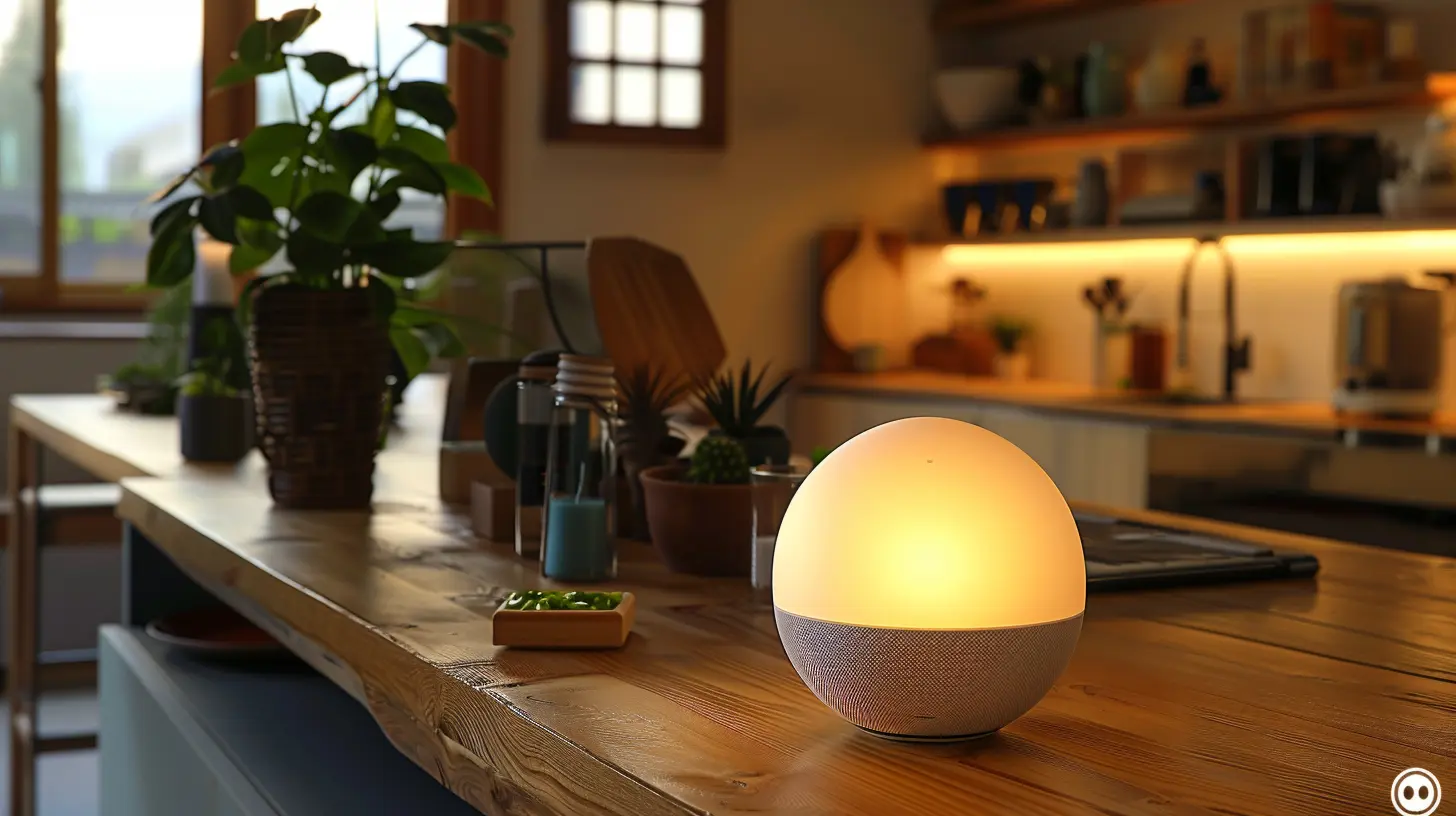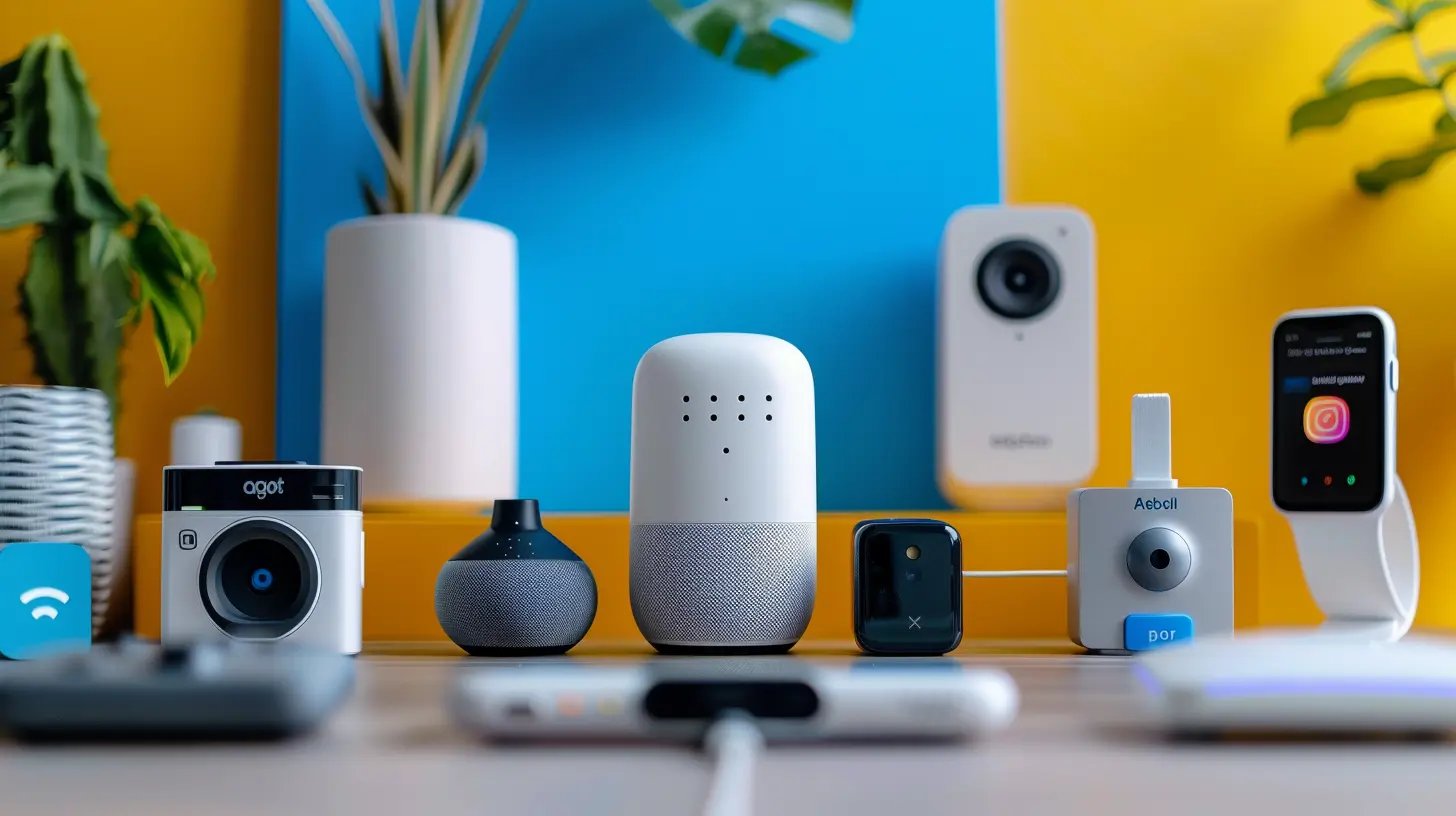Voice Assistant Ecosystems: Which One is Best for Your Smart Home?
29 August 2025
Voice assistants have slowly but surely become a staple in many modern homes, making everyday life more convenient and connected. Whether you’re asking Alexa to dim your lights, having Google Assistant play your favorite playlist, or instructing Siri to adjust your thermostat, these virtual helpers are revolutionizing how we interact with our smart devices. But with so many options out there, you might be wondering: Which voice assistant ecosystem is best for your smart home?
In this article, we’ll break down the major voice assistant players—Amazon Alexa, Google Assistant, and Apple Siri—to help you make an informed decision that fits your lifestyle and smart home setup. So, grab your favorite beverage, sit back, and let’s dive into the world of voice assistant ecosystems!
What is a Voice Assistant Ecosystem?
Before we jump into the nitty-gritty of which one is best, let’s clarify what a voice assistant ecosystem actually is.Think of a voice assistant like the conductor of an orchestra. The conductor doesn’t play any instruments but directs the musicians to create beautiful music. Similarly, a voice assistant doesn’t run your smart home devices itself but acts as the central hub for controlling everything. This ecosystem includes your voice assistant (the conductor), a vast network of compatible smart devices (the musicians), and internet connectivity (the stage where everything happens).
The better these components work together, the more seamless and enjoyable your smart home experience will be. Now let’s look at the three major voice assistant ecosystems battling for the conductor’s baton.
Amazon Alexa: The Smart Home Powerhouse
Why Alexa Might Be the Best for You
Let’s start with Amazon Alexa, arguably one of the most popular voice assistants on the market. If you have an Amazon Echo, you’ve probably already interacted with Alexa a dozen times. But what makes Alexa stand out in the smart home world?First off, Amazon Alexa supports over 100,000 smart home devices. That’s a staggering number, and it means Alexa is incredibly versatile. Whether you want to control your smart lights, thermostat, door locks, or even your refrigerator, chances are Alexa has got you covered.
Alexa is also pretty flexible when it comes to third-party integrations. Thanks to Amazon’s open ecosystem, developers can easily create "skills" for Alexa, which are basically voice-controlled apps. This makes Alexa one of the most customizable and adaptable voice assistants out there.
Key Features
- Skills Galore: Alexa boasts over 100,000 skills, ranging from controlling smart home devices to playing trivia games.- Affordable Smart Speakers: Echo devices are generally more affordable than their Google and Apple counterparts, making it easier to build an Alexa-powered smart home.
- Wide Compatibility: Alexa works with a vast range of smart home devices, including some lesser-known brands that you won’t find on other platforms.
Downsides
However, Alexa isn’t without its downsides. One of the main criticisms is that Amazon’s privacy policies have come under scrutiny. Alexa devices have been known to record conversations unintentionally, which might be a red flag for privacy-conscious users.
Google Assistant: The Brainy One in the Room
Why Google Assistant Might Be the Best for You
Google Assistant is next up on our list, and in many ways, it’s the brainiac of the group. Powered by the same search engine that has answers to just about everything, Google Assistant is often praised for its ability to understand natural language and offer more contextually accurate responses.If you’re already embedded in the Google ecosystem (think Gmail, Google Calendar, Google Photos, etc.), Google Assistant will likely be a dream come true. It integrates seamlessly with Google services, making it super easy to manage your day-to-day life through voice commands.
When it comes to smart home device compatibility, Google isn’t far behind Alexa. The Google Home ecosystem supports over 50,000 smart home devices from more than 10,000 brands. While this may be less than Alexa’s reach, it’s still a solid number that covers all the major players in the smart home space.
Key Features
- Superior Voice Recognition: Google Assistant excels at understanding nuanced commands and contextual follow-ups, making conversations feel more natural.- Google Services Integration: If you’re a fan of Google Calendar, Gmail, or Google Maps, you’ll appreciate how well Google Assistant integrates with these services.
- Routine Master: Google Assistant is excellent at setting up routines—multiple actions initiated by a single command. For example, saying “Goodnight” could turn off the lights, lock the doors, and lower the thermostat.
Downsides
While there’s a lot to love about Google Assistant, it does have its quirks. Google’s smart speakers tend to be more expensive compared to Amazon’s Echo lineup, which can be a drawback if you're on a budget. Additionally, Google Assistant isn’t as flexible when it comes to third-party integrations, meaning it’s a bit more restrictive than Alexa.
Apple Siri: The Privacy Champion
Why Siri Might Be the Best for You
Last but not least, we have Apple Siri. If you’re an Apple aficionado, Siri is probably already a part of your life, and integrating it into your smart home might be a no-brainer. Siri is the go-to voice assistant for people who are heavily invested in the Apple ecosystem—from iPhones and iPads to MacBooks and Apple Watches.One of Siri’s biggest selling points is privacy. Apple is known for its strong stance on user privacy, and Siri reflects that. Unlike Alexa or Google Assistant, Siri doesn’t store your voice commands on its servers. Instead, all processing happens on your device, which makes it a more secure option for those concerned about data privacy.
Siri works with Apple HomeKit, which is Apple’s smart home platform. Although HomeKit supports fewer devices compared to Alexa or Google Assistant, it still covers all the major smart home brands like Philips Hue, Ecobee, and August.
Key Features
- Privacy First: Apple’s commitment to privacy is unmatched. Siri processes your voice commands locally on your device, ensuring that your data isn’t stored in the cloud.- Seamless Apple Integration: If you’re already living in Apple’s walled garden, Siri makes it incredibly easy to control your smart home devices through the Home app or directly from your Apple Watch or iPhone.
- Automation at Its Best: HomeKit and Siri offer some of the best automation features, allowing you to create complex routines that trigger based on time, location, or specific conditions like the weather.
Downsides
While Siri excels in privacy and Apple integration, it does have one major drawback: limited compatibility. Apple HomeKit supports fewer smart home devices than Alexa or Google Assistant. If you’re not exclusively using Apple products, you might find Siri’s ecosystem a little too restrictive.A Quick Comparison: Alexa vs. Google Assistant vs. Siri
| Feature | Amazon Alexa | Google Assistant | Apple Siri ||----------------------------------|--------------------------------------|--------------------------------------|--------------------------------------|
| Device Compatibility | 100,000+ devices | 50,000+ devices | Limited to HomeKit devices |
| Voice Recognition | Good | Excellent | Good |
| Privacy | Moderate | Moderate | Excellent |
| Customization | Highly customizable (via skills) | Moderate | Limited |
| Third-Party Integrations | Extensive | Limited | Very Limited |
| Price of Smart Speakers | Affordable | Moderate to High | High |
| Best for | Versatility and affordability | Google users and advanced queries | Privacy-conscious Apple users |
So, Which One is Best for Your Smart Home?
Now that we’ve laid out the pros and cons of each ecosystem, let’s get down to the million-dollar question: Which voice assistant ecosystem is best for your smart home?The answer largely depends on what ecosystem you’re already invested in and what you value most:
- If you’re looking for maximum compatibility and don’t mind a few privacy trade-offs, then Amazon Alexa is your best bet.
- If you want an assistant that excels in contextual understanding and integrates seamlessly with Google services, then Google Assistant will suit you perfectly.
- If privacy and a seamless Apple integration are your top priorities, and you’re okay with fewer device options, Apple Siri is the way to go.
At the end of the day, there’s no one-size-fits-all answer. The best voice assistant ecosystem for your smart home is the one that fits your specific needs, lifestyle, and devices.
Conclusion
Choosing the right voice assistant ecosystem for your smart home is a big decision, but it doesn’t have to be overwhelming. Whether you go with Amazon Alexa, Google Assistant, or Apple Siri, each offers unique advantages tailored to different kinds of users.So, what’s it going to be? The versatile Alexa, the brainy Google Assistant, or the privacy-focused Siri? Whichever you choose, one thing’s for sure: your smart home is about to get a whole lot smarter.
all images in this post were generated using AI tools
Category:
Voice AssistantsAuthor:

Pierre McCord
Discussion
rate this article
1 comments
Samuel Phelps
Choosing the right voice assistant depends on compatibility and your specific smart home needs. Great insights!
September 11, 2025 at 3:31 AM

Pierre McCord
Thank you! I'm glad you found the insights helpful. Compatibility is definitely key in choosing the right voice assistant for your smart home.


